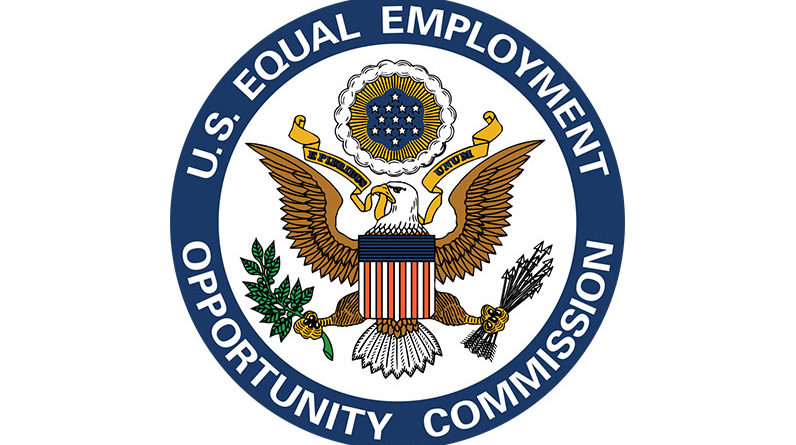United Healthcare Services, Inc. violated federal law when it discriminated against a full-time telecommuter by refusing to grant her a religious exemption from the company’s COVID-19 vaccine requirement, the US Equal Employment Opportunity Commission (EEOC) charged in a lawsuit. According to EEOC’s lawsuit, a supervisor of clinical administration had performed her job entirely from home since 2018 and had no job duties that required her to meet face-to-face or to enter the healthcare provider’s facilities. When the company implemented a COVID-19 vaccination policy that required employees to be vaccinated in Oct. 2021, she received notifications directing her to receive the COVID-19 vaccine, even though the company’s vaccine policy stated it did not apply to full-time telecommuters. She informed her supervisor and human capital partner of her religious objections to vaccination and filed two requests for religious accommodation in which she sought exemption from the vaccination requirement, but the company denied her requests without any discussion with her and demanded she get a COVID-19 vaccine within 30 days or be fired, the EEOC said. When she did not get the vaccine within that time, she was fired. Such alleged conduct violates Title VII of the Civil Rights Act of 1964, which prohibits discrimination because of an individual’s religion and requires employers to reasonably accommodate an employee’s religious observance or practice unless doing so would cause an undue hardship.





